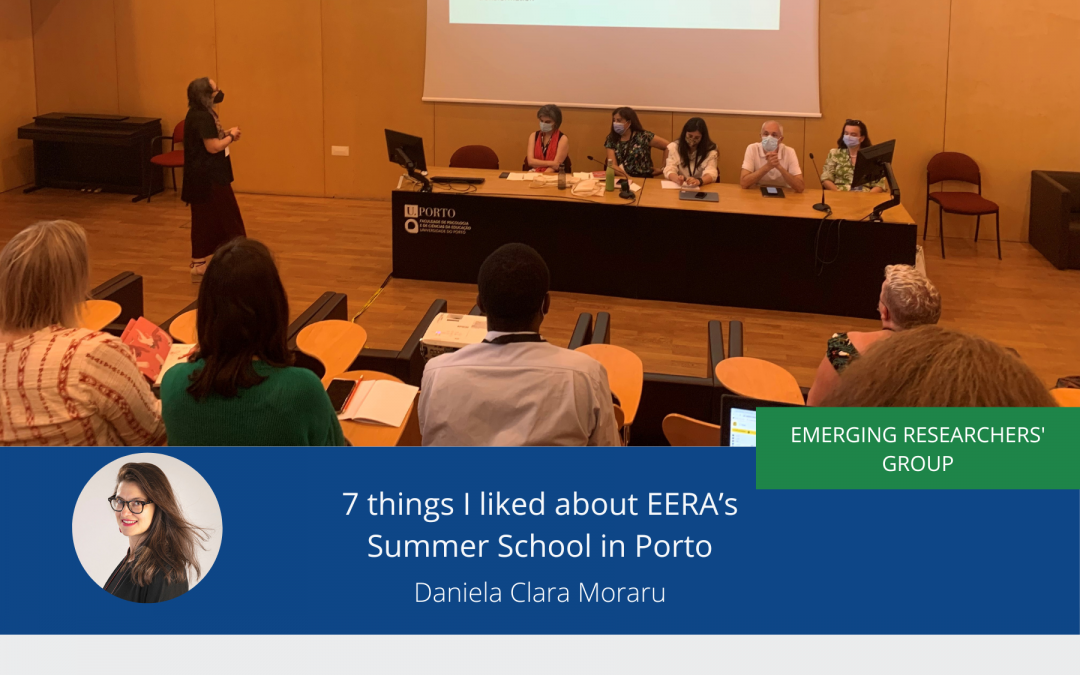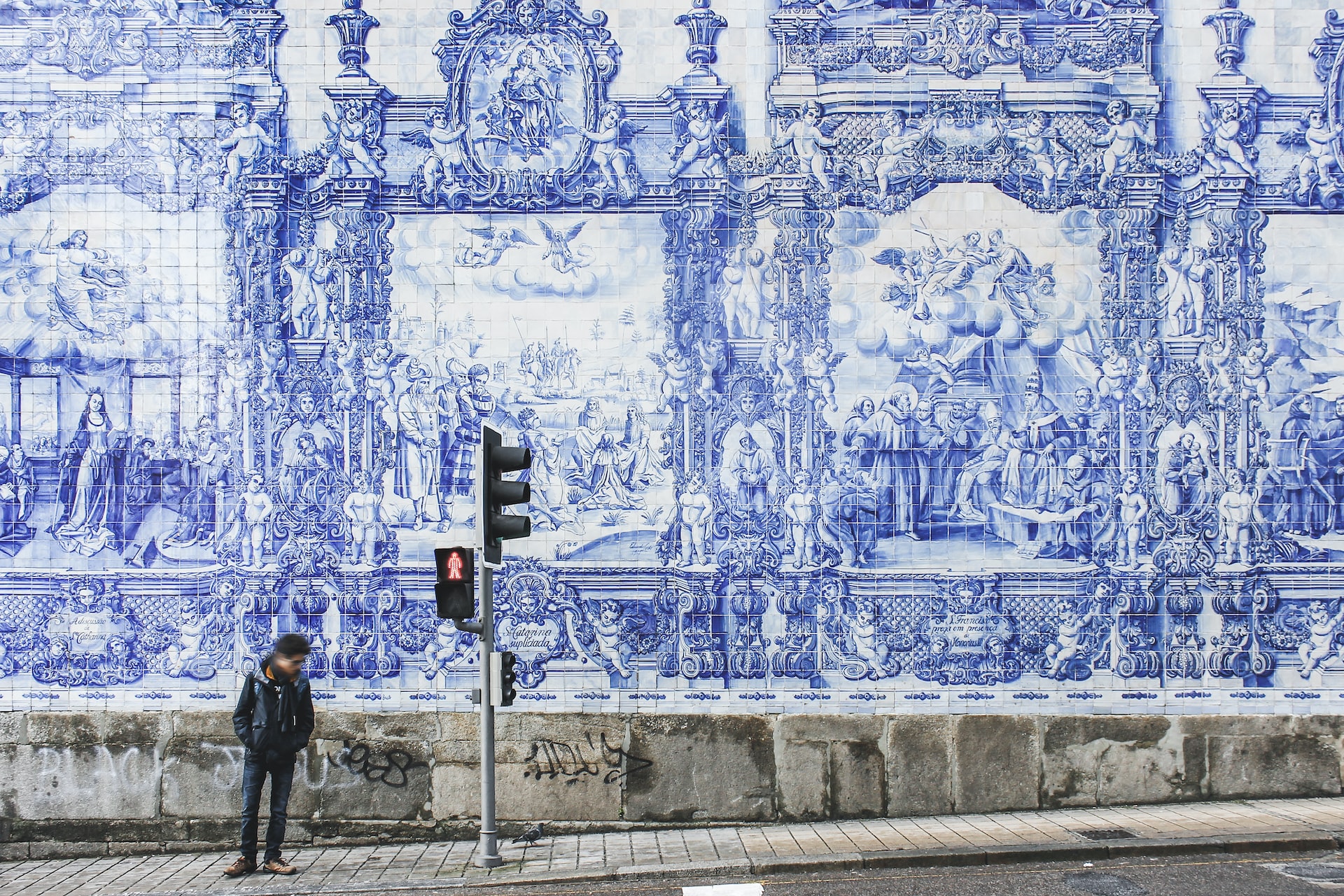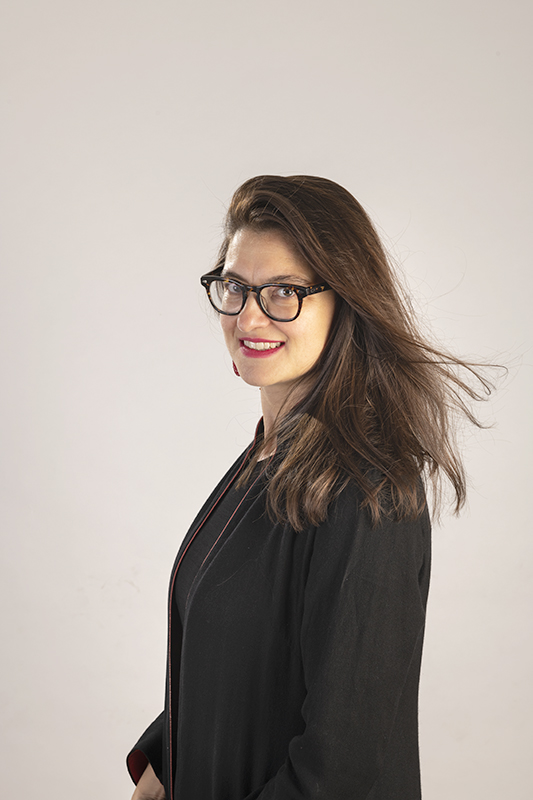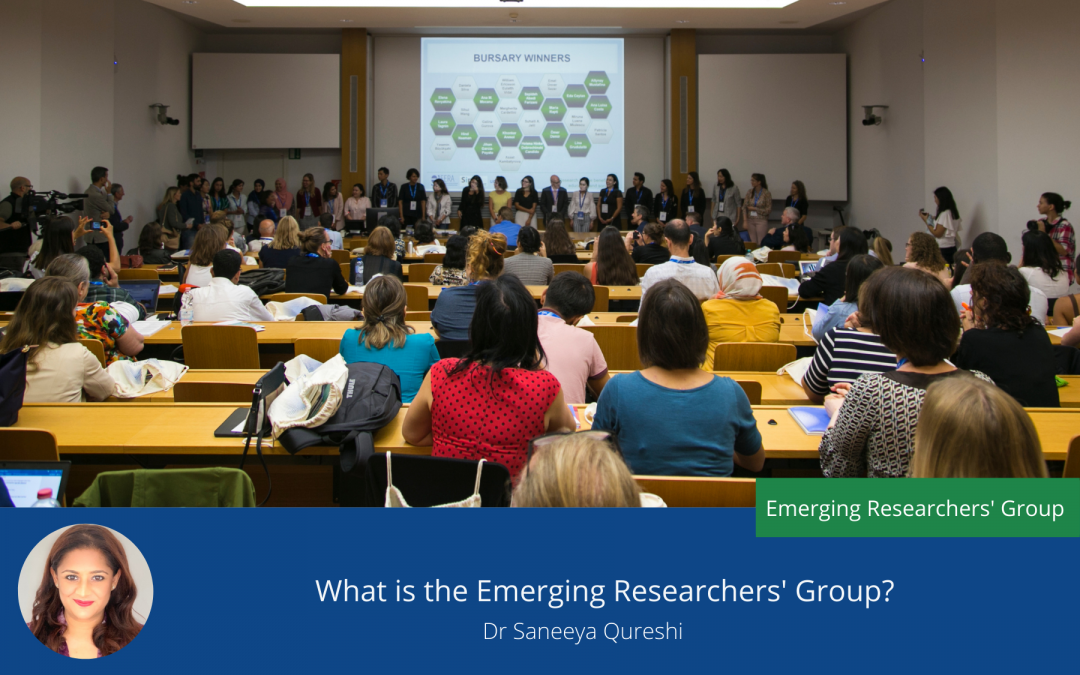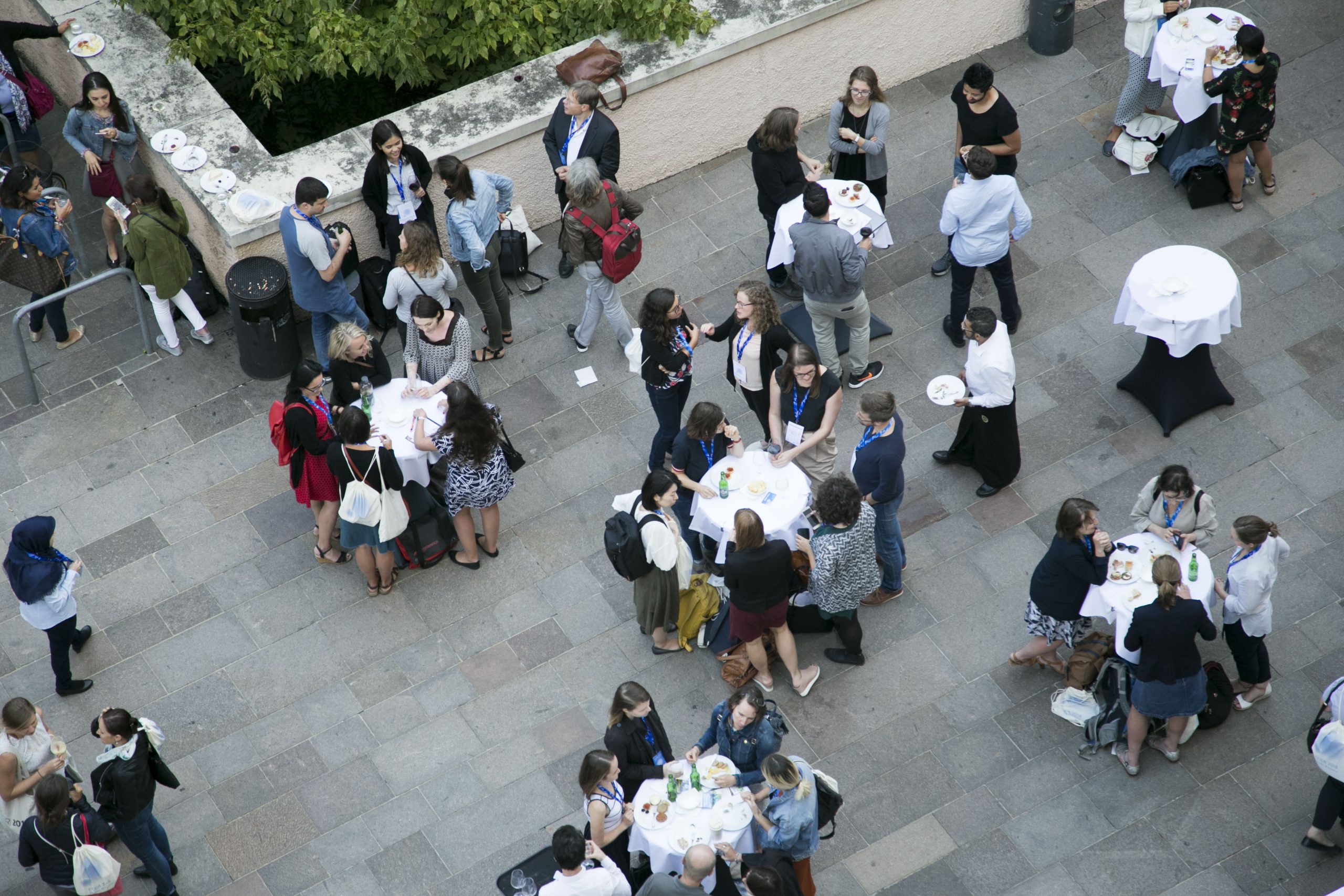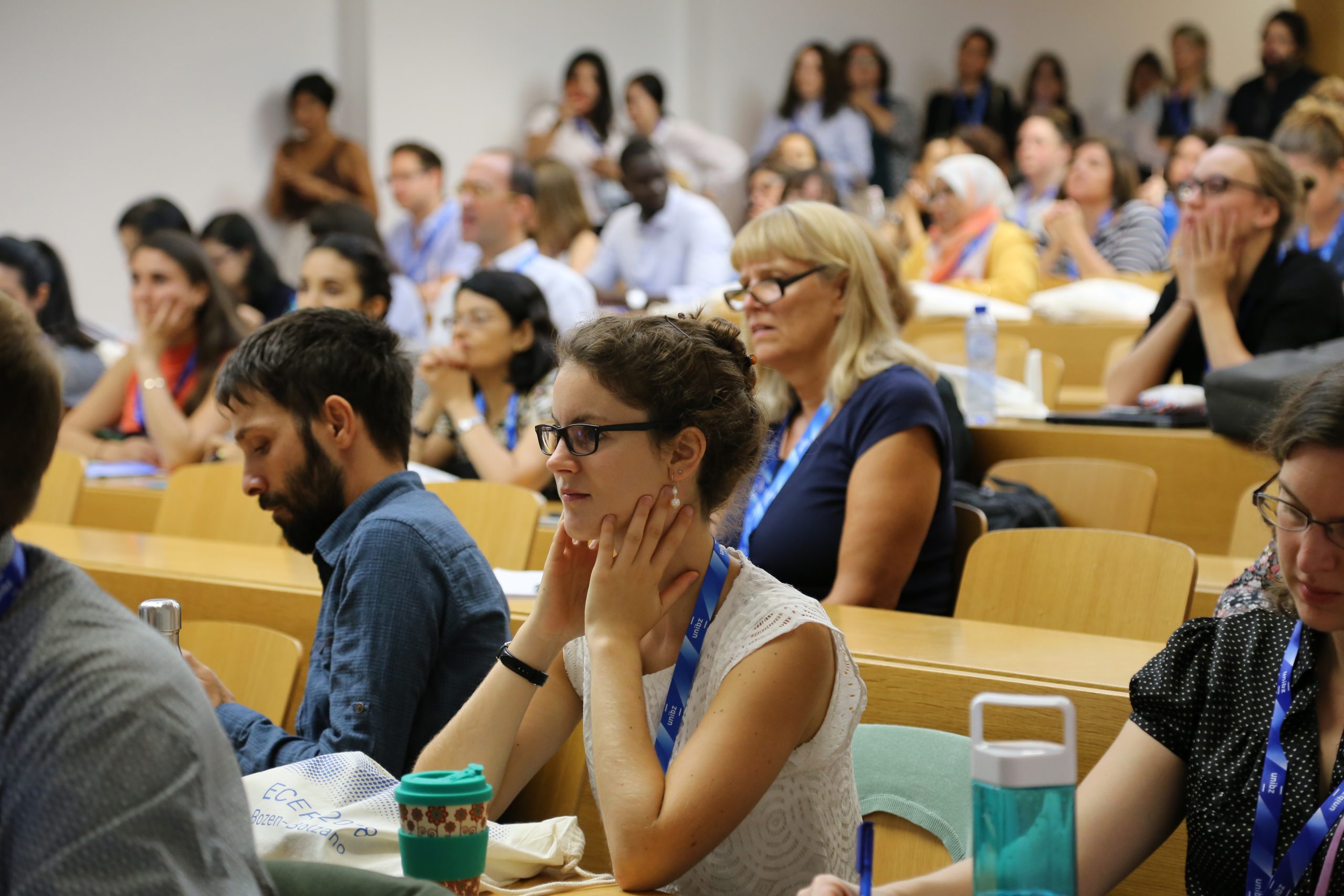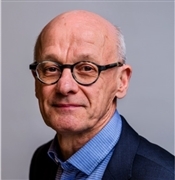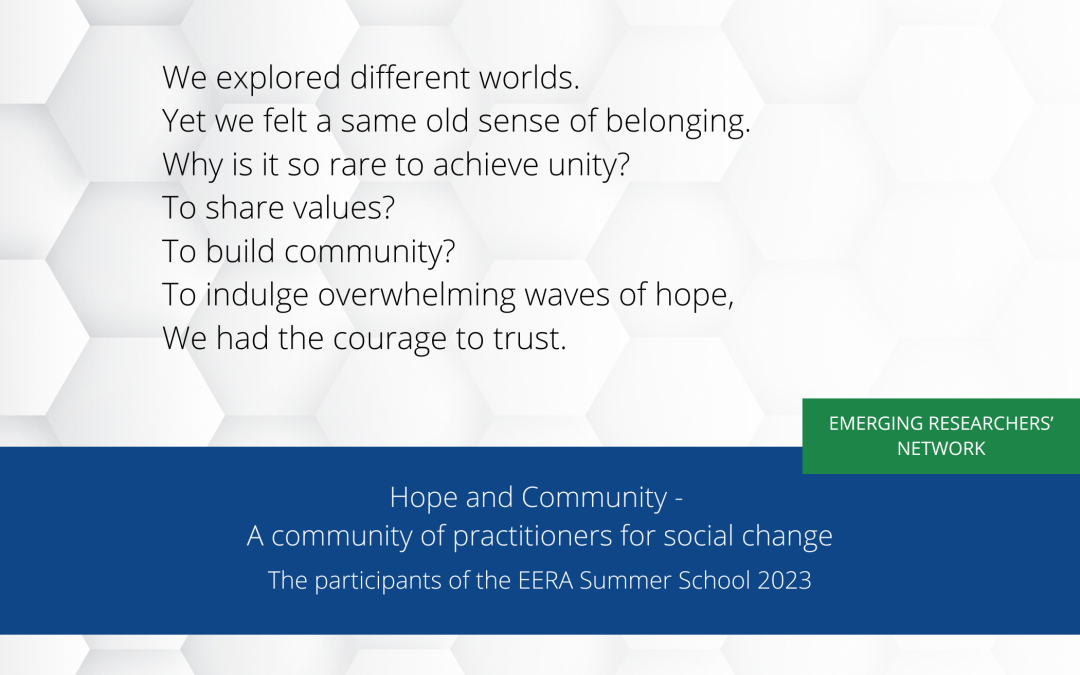
Hope and Community – A community of practitioners for social change
Thriving communities of practice necessitate cultivating and adopting a shared repertoire of communal resources, such as stories, tools, and symbols, that encapsulate the collective knowledge of the community. Essentially, the community shares practices – approaches and tools collectively embraced by its members.
In pursuing their interest in their domain, it is important to provide members with the opportunity to engage in joint activities and discussions, help each other, and share information (Wenger-Trayner & Wenger-Trayner, 2015). Through offering and receiving help, we gain awareness of the richness of the community and build an expectation that we can contribute to others and that others reciprocate in some way. As Wenger (2000, p. 241) notes, “Identity needs a place where a person can experience knowing as a form of social competence.”
Could summer schools, workshops, and training sessions be this place for early career researchers to shape their identities as researchers?
To find out, the EERA summer school was organised at the Faculty of Philosophy, University in Belgrade, with the support of UNICEF Serbia. Under the title “Inclusive Approaches To Educational Research,” more than 30 early career researchers from over 20 countries gathered from July 12th to 14th, 2023, to explore and embody progressive and just methodologies in the field of education.
Inspired by the World as Classroom (bell hooks, 1994), we swayed from classrooms at the Faculty of Philosophy and the Institute for Philosophy and Social Theory, along the Sava Quay, through the socialist heritage of New Belgrade blocks, to the school courtyard in Ledineneighbourhood on the outskirts of Belgrade.
Our goal was not only to raise pivotal questions that shape our understanding of research but also to foster a close-knit community of early career researchers. We’re all passionate about finding answers that can make educational research more inclusive. As Tijana aptly describes, it guided us from isolation to a sense of belonging.
From ‘isolation’ to ‘belonging’
The EERA Summer School brought together a young group of researchers from diverse educational backgrounds. Despite the differences in our research topics, we all shared some common challenges, from finding the appropriate literature, writing, and conducting research to publishing. During our workshops, we agreed that creating a support group of peer young researchers in the field of education would help us overcome the various challenges, just as the Summer School provided us with the space to discuss them and share valuable advice. Moving from the position of an isolated researcher to a community of like-minded people helps us broaden our perspective and spark new ideas.
Using dialogue, walks, presentations, discussions, mental mapping, reflective logs, artistic expressions, and many other techniques, participants formed a community of learners, together with the organising team of tutors, lecturers, and volunteers. There was a heatwave this summer in Belgrade, but there was also a genuine need among us to merge academic with real–life knowledge from the ground and from the local communities. Together we asked:
What constitutes meaningful research? How can we create research methodologies that align with our shared values? What is the relationship between change and hope? Where do we find spaces of freedom, and where are the sources of marginalisation?
For many of us, participating in a summer school was something completely new, so we were even more surprised by how quickly we became an accepting and supportive community:
“As for me, I haven’t experienced such a strong sense of belonging to engaged and thoughtful people for years. Our shared engagement for the process of inclusion in education and society led to an almost tangible synergy manifested in mutual inspiration, cooperation, and enthusiasm we kept and took back home. The EERA Summer School provided me with a Socratic sense of how little I know about participatory research and how much I still have to learn. I felt the need to recognize and appreciate the diversity, perspective, and competence of children or minority groups at our concern. And I was confronted with some new ethical issues; now I feel committed to address them honestly whenever they arise.”
The keynote speakers inspired our discussions, developing our critical awareness of our participation in the summer school, as well as the participation of others in research, education settings and local communities. We experienced how participatory, caring workshop spaces can facilitate transdisciplinary collaboration and hopeful horizons for research.
Collaboration, community, and change
…through discussions, keynote presentations, and workshops, I learned about new research methods and began to consider how I could incorporate them into my study. Often, our approach to the world and to research is prescribed; we repeat the same patterns that are present in our nearest environment. As researchers, we need to learn new ways to be present in the world; we should try to do things differently, to evolve. This kind of opportunity helps us find partners who have the skills we lack so that we can become agents of change in our own communities.
A patchwork of experiences
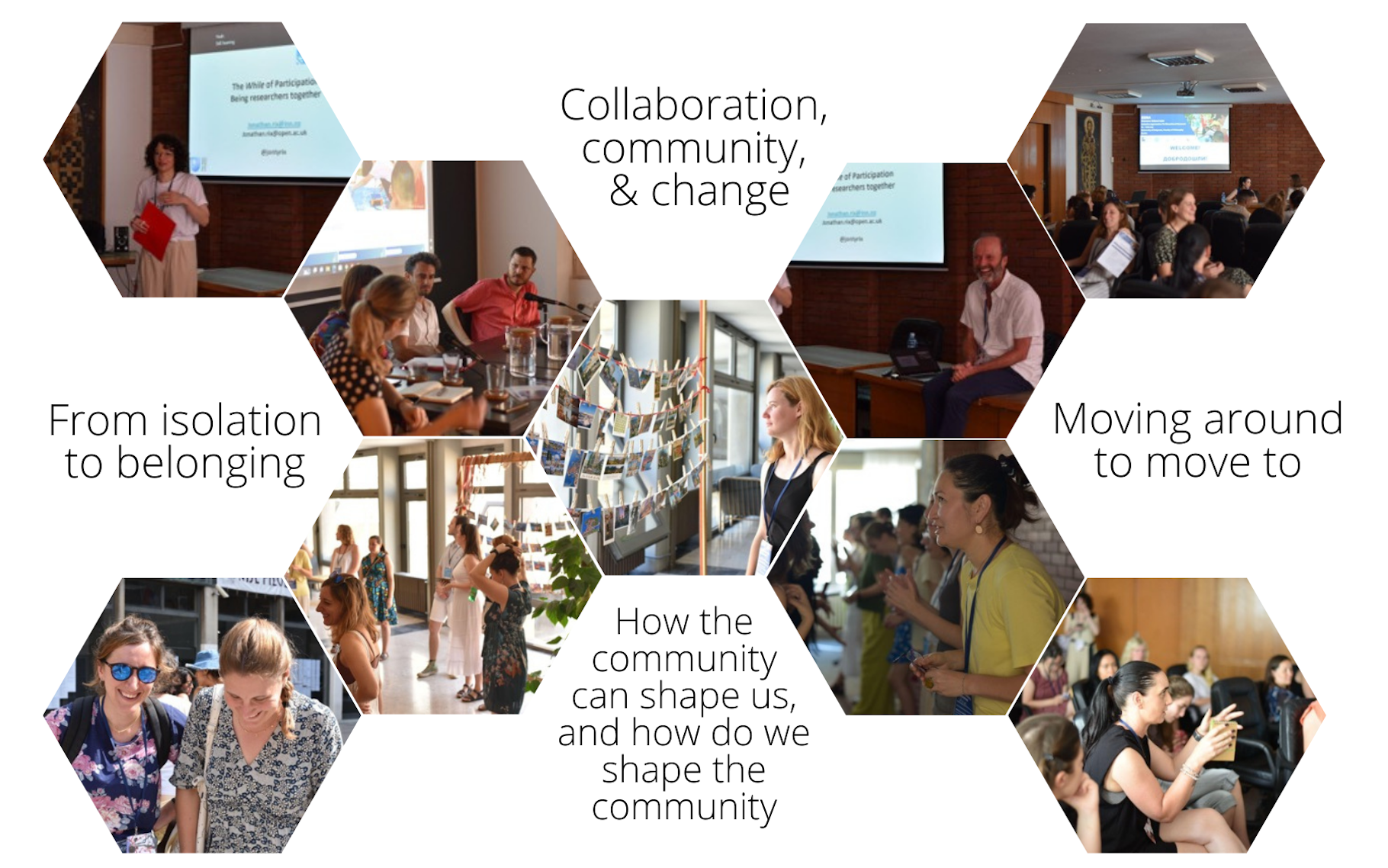
In the realm of education, the term “professional learning community” has frequently been employed to denote any conceivable alliance of individuals sharing a common interest in education with a specific focus on the learning process rather than mere practice, as noted by DuFour (2004). However, the question that arises is: How do we truly transform into a community? Addressing this question involves drawing upon Wegner’s (1998) notion of learning as a social and situated process, predominantly derived from our engagements in various communities of practice.
Putting theory into practice
Part of our programme involved visiting local neighbourhoods. In one, New Belgrade blocks, our guide described the dynamic histories of the local area, and brought their research about critical utopianism to life, by intertwining personal memories with the architectural landscape. We visited the apartment blocks, designed to look like sails amongst the urban sea of Belgrade. We discussed transformations of these spaces, from shared spaces inherited during socialism (terraces, laundry rooms, spaces for leisure and relaxation), to illegal privatisations during the 1990s aimed at shrinking common good, to reconquesting it, and reimagining it today.
The other visit was to the local community Ledine, where the collective Škograd/Schoolcity has been working since 2016. Part of their efforts have involved trying to overturn the segregation trend taking hold in the local primary school, where there is harsh marginalisation of Roma and other minorities, and mitigating the effects of poverty, under-education and violence.
Moving around to move to
Walking through Belgrade’s scorching streets led to a profound reflection on the “community of learners” and the “community of practice.” The former involved sharing ideas and experiences, often failing to translate them into action in our contexts. The latter, “community of practice,” emphasised hands-on learning and collaboration, celebrating diversity as a strength. It highlighted the power of collaboration to turn inspiration into action, promoting change in our communities.
“It is imperative that we maintain hope even when the harshness of reality may suggest the opposite”.
Paulo Freire (1996)
In Ledine, a neighborhood in Belgrade, the sign on a trash can says, “I dream”.
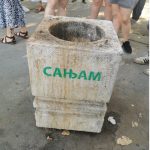
At Škograd, we could see tangible collaborations between researchers, children, and families. The artwork, games, and gardening, alongside the use of spaces, inspired us to question how we can promote inclusive community spaces and build meaningful collaborations with the local communities. As one participant said:
It was a completely new experience to deeply explore how the research is connected with the local community and expresses the hope visually. Witnessing the hope emanating from the pupils’ artworks in the “Imagine a Dream Path” project was truly inspiring. These remarkable pieces vividly demonstrate how the researcher’s involvement has ignited the children’s creativity.
Engaging in an open dialogue about the research journey, we witnessed and felt the joys and the challenges of participation, and recalibrated around the importance of researching with communities for social justice. This visit was an illuminating opportunity to engage with the local community, to attentively absorb their narratives, and to experience the intimate and respectful collaboration between researchers, children, and families.
I discovered more about different countries and contexts, where ‘Inclusion’ and inclusive practices were influenced by a range of legislation changes, socio-cultural factors, and how they can be implemented in various ways. Despite these differences, the summer school highlighted the ways in which our field of education connects us all. It was clear that we had a strong pursuit for social justice, and an intense curiosity for community-based learning. We came away with a sense of purpose in our field. I felt empowered, inspired and rejuvenated as the time during the summer school connected us as one community of researchers across the world.
Overall, the EERA Summer School was an embodied learning experience that is difficult to summarise. We carry this experiential learning forward in our souls and our actions, nourished by connecting, and empowered to embed participatory and inclusive approaches in our own research practice.
How the community can shape us, and how do we shape the community
Throughout Summer School, the emphasis on values was strong. The shared values of curiosity, collaboration, and respect guided our interactions and discussions. This commitment to values created an environment where learning was not just about acquiring knowledge but also about personal growth and ethical engagement…
The EERA Summer School was not just a one-time event; it was a catalyst for a habit of continuous lifelong learning. The knowledge transfer during those days in Belgrade planted seeds that continue to grow. We left with a renewed commitment to education and a network of colleagues and friends dedicated to making a positive impact. We came as individuals and became a Community of Learners, intending to become a Community of Practitioners for Social Change.
Conclusion and final reflections

Image: Ledine, neighborhood in Belgrade, “Vlada Obradović Kameni” school courtyard, open classroom codesigned with children
The process of evolving into a community of practice or community of practitioners, as outlined by Wenger (1998), revolves around shared interests of personal or professional significance. Our community, rooted in a collective perspective on education, perceives it as a vital social practice and research in education as a catalyst for transformative change capable of recalibrating power dynamics.
The shared values among us have cultivated a common purpose– the pursuit of social change. Bojana encapsulated this sentiment by stating that the summer school highlighted the power of collaboration to turn inspiration into action – resulting in change in our communities.
Key Messages
- Often, our approach to the world and to research is predetermined; we often replicate the same patterns found in our immediate surroundings. Therefore, you need to move around to move from.
- Despite the differences in our research topics, we all encountered common challenges, ranging from finding suitable literature and conducting research to the process of publication.
- Our community influences us, and in turn, we contribute to shaping the community.
- We observed firsthand how participatory, supportive workshop environments can foster transdisciplinary collaboration and inspire optimistic research prospects.
- Researchers and research have the potential to instigate change, or at the very least, offer hope for the possibility of change.
Authors
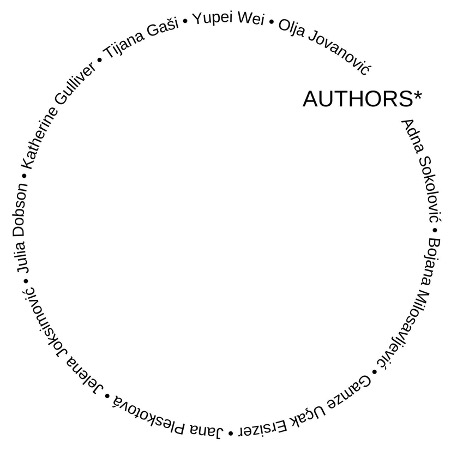
*We choose a circular representation of authorship in order to display different, but equally valuable contributions each of us made in writing this blog. Our affiliations are:
Adna Sokolović, COI Step by Step, Sarajevo, Bosnia and Herzegovina
Bojana Milosavljević, University of Belgrade, Serbia
Gamze Uçak Ersizer, Boğaziçi University, Turkey
Jana Pleskotová, Jan Evangelista Purkyně University in Ústí nad Labem, Czech Republic
Jelena Joksimović, Škograd, Serbia; Faculty of Education, Jagodina, University of Kragujevac
Julia Dobson, Institute of Education, University College London, United Kingdom
Katherine Gulliver, Plymouth Institute of Education, Plymouth University, United Kingdom
Tijana Gaši, University of Belgrade, Serbia
Yupei Wei, University of Edinburgh, Scotland
Olja Jovanović, University of Belgrade, Serbia

